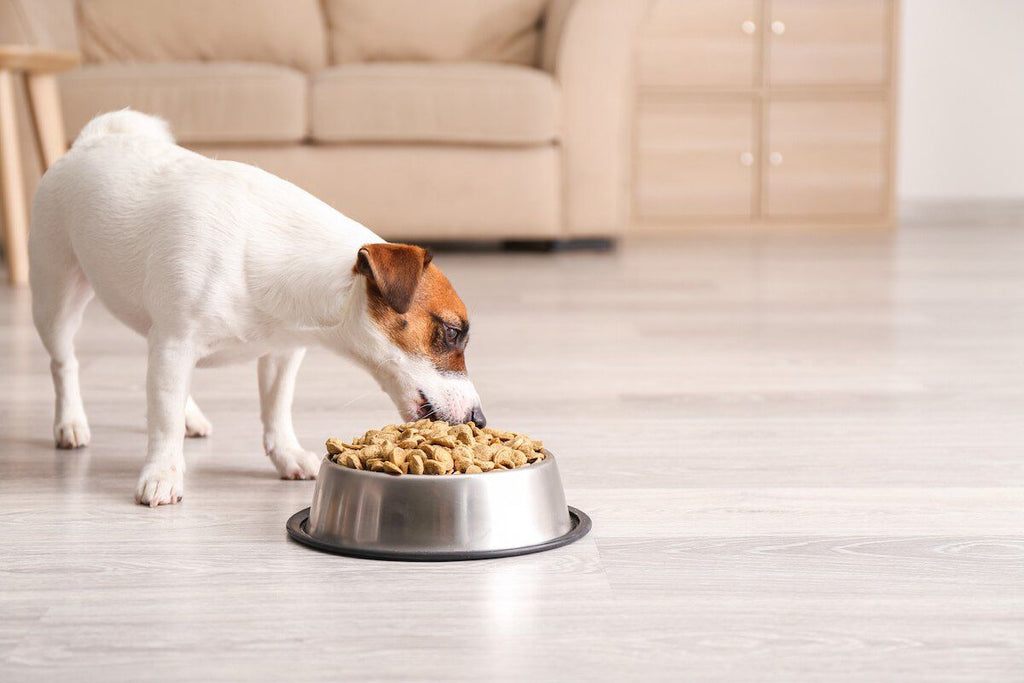I’ve heard a lot about hip dysplasia. What is it?
Perhaps the awareness of the benefits of fiber in human diets has prompted pet owners to ask about its benefits in pet foods. Once described as “filler” or “bulk,” fiber has gained recognition for the beneficial effect it has on the gastrointestinal system.
Fiber is difficult for the digestive system to break down and use, but despite its limited digestibility, fiber does have benefits for dogs:
- Fiber is important in special diets designed for weight reduction or weight management
- Fiber helps reduce caloric density of the diet and can contribute to a dog’s satisfied feeling of fullness, but high-fiber diets alone will not ensure weight loss. Strict portion control is also necessary for a successful weight loss program. If your dog is overweight, work with your veterinarian to plan a weight reduction program
- Fiber minimizes constipation. It absorbs water and lends bulk to the intestinal contents, stimulating the movement of the intestinal tract and normalizing passage time through the bowel
- Fiber sources also contribute to fecal consistency
- When fermented by the microorganisms that normally reside in the intestinal tract, fiber provides an important source of energy for the cells lining the intestinal tract and promotes healthy cell function
Sources of dietary fiber in dog food:
- Beet pulp
- Soybean hulls
- Bran from wheat
- Cellulose
In assessing the role of fiber in a dog’s diet, the old adage “more is not better” holds true. Excessive dietary fiber is associated with adverse effects such as loose stools, flatulence (or gas), and increased stool volume or density. Reputable dog food manufacturers formulate diets to provide balanced nutrition with proper levels of fiber in the diet.





